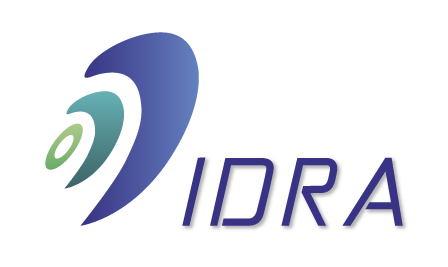The double ESG materiality assessment approach in our view should be understood as an iterative process of systemically assessing relevant issues from an inside-out and outside-in perspective, analysing impacts, risks and opportunities that are found to be significant with respect to one’s organisation and implementing an action plan to manage them. Often, however, we detect the use of this tool as a mere disclosure of information in the reporting process, without any real insight into how they are addressed in the relevant business processes and without implementing any operational/management activities. In this case, the double materiality analysis does not bring any value to the organisation, finding actual information but without introducing or facilitating processes of improvement and change for the future. The ESRS standards of Efrag well clarified that the reporting process is iterative in nature and is aimed at both reporting on the ‘as is’ situation and communicating future development plans in pursuit of the 2030 Agenda goals. Therefore, the definition of the ‘to be’ is fundamental in order to comply with the ESRS standards as well as constituting the real added value for the promotion of processes and business improvement projects in the three areas E, S and G, with repercussions that in most cases also have a positive economic impact on management. #ESG #ESGreporting #double-materiality #ESRS #sustainability
Post Date: 24 October 2024
